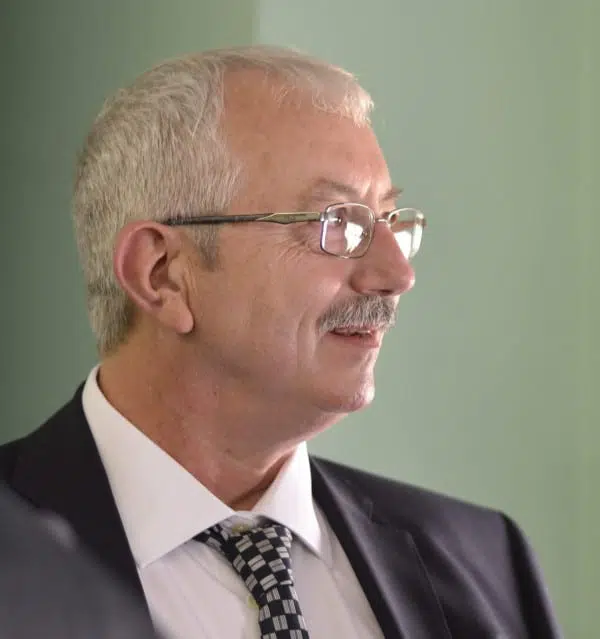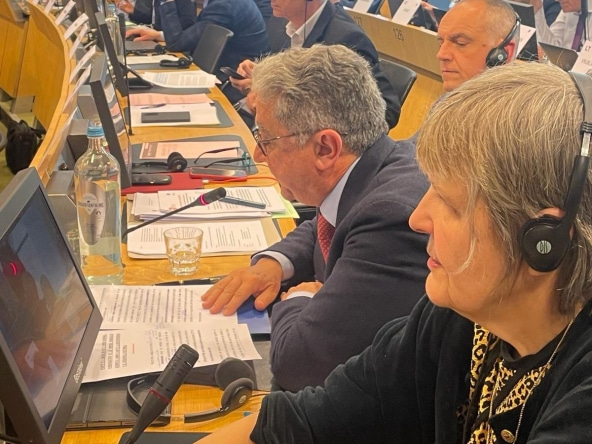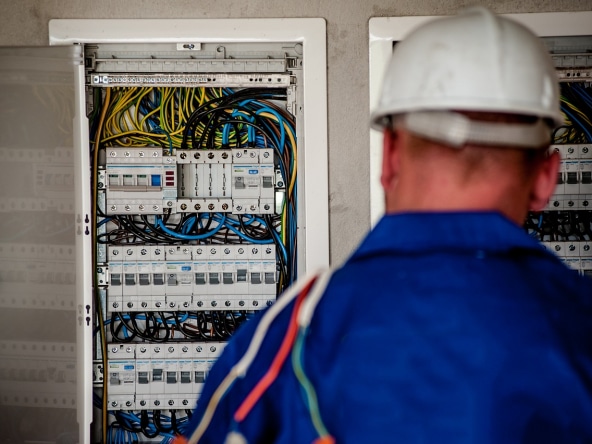The business case EVERGREAT of China serves to explain that foreign trade acts as communicating vessels: when a country has a surplus in its balance of payments on current account, another (or others) has (n) a similar number of deficits. The present is the child of the past, with the experience of the past we have the tools to understand the present: for years China's GDP growth was based on its foreign trade surplus. The equation implied that this surplus was a deficit of the countries that bought the Chinese products. Especially the USA and the rest of the Western economies, and this equation was maintained until the Great Depression of 2007.
China went from an external surplus of 10% in its GDP to 1% in 2018-2019. Western economies could not keep up with the pace of purchases from China and for its part the Communist Party could not present lower growth figures than in previous years because it represented a politically unacceptable cost. The solution adopted by the Chinese leaders was to boost domestic consumption. Domestic consumption is boosted by facilitating access to credit for companies and individuals. That is to say that the Chinese leaders, to maintain the pace of growth of their economy, resorted to the method that had led the West to the Great Depression that began in 2007.
The over-indebtedness of companies and individuals is an effective tool for the growth of the economy in the short term, but it is a time bomb because, as happened in the USA with the sub prime mistakes are made in the granting of credits and these become toxic assets or difficult to refinance.
But as he says Professor Santiago Nino Becerra, during these years the economy has continued to function "doped" thanks to the measures of all the central banks known as QE (Quantitative easing) despite continuing the Great Depression of 2007, now aggravated by the COVID-19 pandemic.
But the problem with this aid with "invented" money is that the resources escape the objective of the central banks and, instead of serving to reactivate the productive or real economy through credit to companies and families, the resources are destined to the speculative economy, that is, to the stock markets, raw materials, derivatives, etc. where intangible assets are bought in the hope that they will rise in price and sold at a profit. It is not the first time that a speculative movement hides a bubble that bursts at the point that we call its maximum ex post, but that until the minute before the bursting, speculators considered it a good time to buy.
The enormous injection of "invented" money into the economy will generate a no less great inflation, the central banks hoped that the injection of money would serve to create "real" wealth that would contain the effect of inflation, but since this was not the case, we rushed to the worst possible scenario: stagflation. In English Stagflation, compound word from stagnation, stagnation, and inflation, inflation.
Central banks try to contain this haemorrhage of resources and its dire consequences by "tapering" Word taken from athletes who, a few days before the competition, slow down the pace or level of their training, which in the case of finances means the gradual withdrawal of the injection of “invented” money and this is going to have serious consequences for financing of the public deficit of countries, such as Spain, whose main buyer of their Public Debt is the ECB
But let's go back to China, the most obvious example of the bad policy of private over-indebtedness is the EVERGRANDE crisis, which is currently dangerously close to defaulting on its debt, in some respects it resembles the case of the company "Barcelona Traction, Light and Power” popularly known as “La Canadiense” who, apart from her chronic undercapitalization, had to face bureaucratic reasons and obscure political interests that prevented her from buying the foreign currency she needed to pay the service of the debt issued abroad. . This caused her bankruptcy.
In China, as in Spain, real estate businesses are not financed with capitalbut with debt. If the business works well, the high leverage makes the promoters richer, if it works badly, the financial system has a problem and must create a "bad bank" or SAREB to take charge of the toxic assets. The scheme can be simplified with the saying: "capitalization of profits and socialization of losses" against these approaches, a more constructive and supportive and less individualistic attitude would be desirable, with a necessary social awareness of economic activity and, of course, of our personal attitude as consumers.
The question is whether the Chinese Government will act with EVERGRANDE as the North American did with Lehman Brothers or as the Spanish did with the rescue of BANKIA. It would be reasonable to reach an intermediate point between the economic liberalism that is part of the very existence of the capitalist economy and the communist statism that replaces healthy private initiative with party bureaucracy. In the Chinese case, it should be noted that, unlike the assets of Lehman Brothers, EVERGRANDE has enormous real estate assets, which are now devalued but cannot be classified as a toxic asset.
It seems unlikely that China will give up the high growth rates it needs, even on the basis of domestic over-indebtedness, when the wealth of its citizens is still at levels a quarter of that of citizens in Western economies.
References:
- Juan Ramon Rallo - The confidential
- Santiago Nino Becerra.
- Carlos Balado, professor at OBS Business School and CEO of the financial consultancy. Eurofin.
- Fco. Pelayo
- Alfredo Arahuetes, Professor of Economics at Comillas ICADE.
BERLIN, November 10, 2021
DMSA Deutsche Marktscreening Agentur (German Market Assessment Agency) is preparing bankruptcy proceedings against Evergrande Group for non-payment of interest on its international bonds, DMSA predicted that the bankruptcy of Evergrande, the most indebted real estate developer in the world, can drive the world economy still “Great Reset”, that is, to the collapse of the world financial system.
DMSA wants to seek the bankruptcy of Evergrande by buying some bonds that should have paid interest, and since they have not collected, they already have the opportunity to sue Evergrande before the Commercial Courts for an insolvency procedure. The financial engineering of the outstanding bonds causes them to have a cross-default clause, meaning that if even one of these bonds defaults, all 23 outstanding bonds automatically have a “default” status.
Until now, investors have trusted, somewhat naively, in the maneuvers of Evergrande and the Chinese Government to resolve the crisis, but DMSA's bet could blow up the international balance game and cause the “Great Reset”.
Despite the fact that DMSA sees itself as a defender of consumers, private clients and investors, if it causes the collapse of the global financial system, none of them will come out well. In any case, although the DMSA maneuver is very provocative, we cannot rule out others by the Government of China, which, let us not forget, is the main sovereign debt holder of all Western countries. The new cold war is served.





